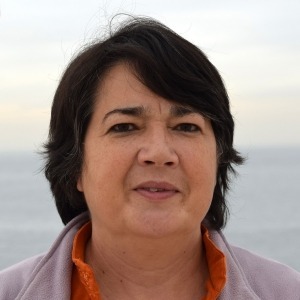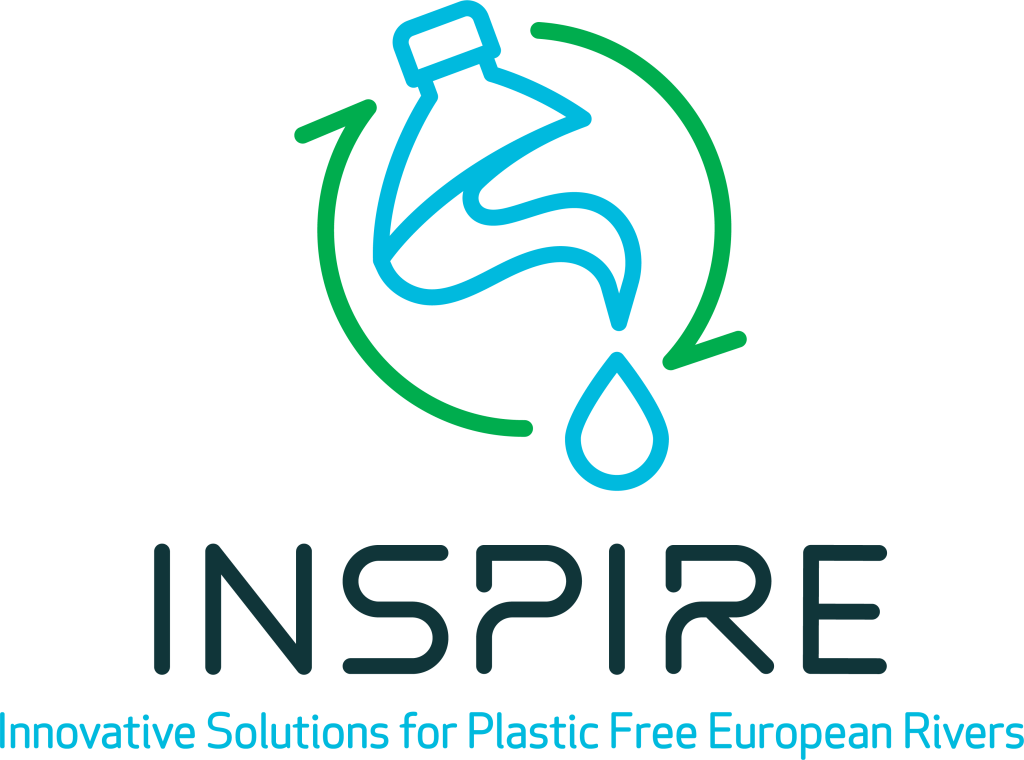

Investigador
Dr Camilo Ayra-Pardo is Fellow of the Royal Entomological Society since 2018. From 2017 – 2020, Camilo worked as an overseas expert on insect pathology at the Nanyang Normal University (China). Previously, Camilo managed a research group on insect pest control at the public biotechnology company CIGB (Cuba). He has been a visiting scholar at Cambridge University, Imperial College London, and Lausanne University. Camilo has published > 40 peer-reviewed articles, a book chapter, two international patents, and > 100 technical reports (CIGB know-how). He has supervised 2 PhD, 4 MSc and 16 BSc students. Camilo speaks Spanish and English fluently.
EQUIPAS DE INVESTIGAÇÃO:
Parasitologia e Patologia Animal













